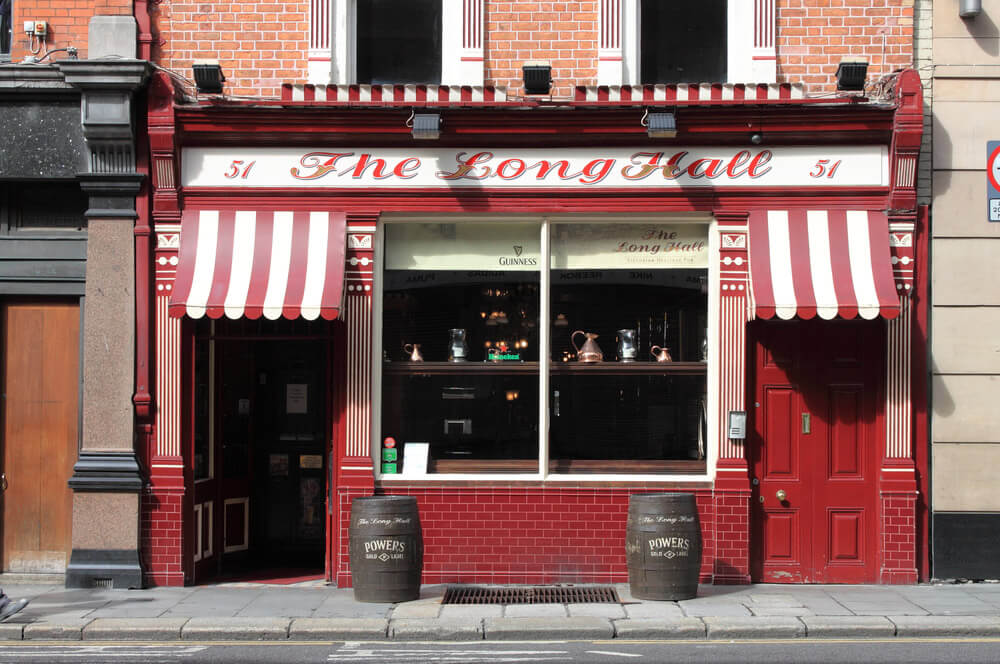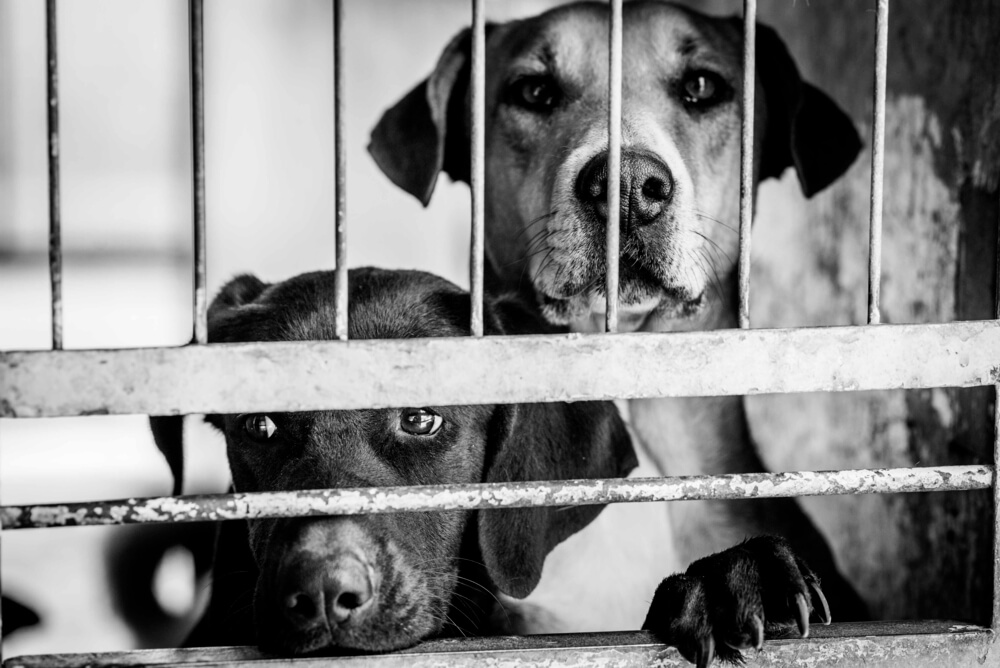People who are no more Irish than the King of Siam or the Paramount Chief of the Bumangwato will, come March 17, celebrate an island nation famous for its skill with words and its fondness for drink.
It all began, of course, in the 5th century with a Romano Christian missionary from Britain, Patrick, who brought Christianity to Ireland. As a bonus, he chased the snakes out of Ireland. Where the fondness for something brewed, distilled or fermented came from is not recorded, but it is an intrinsic part of Irish life.
Life in Ireland often revolves around having a drink. It is treated much as we would treat having a cup of coffee. In Dublin once, I ran into a friend who I had not seen in a year: a serious man with a big job in government. He thought, in the Irish way, that we should catch up over a glass of something, although it was just after 10 in the morning. “I think Murphys is open,” he said as naturally as someone in an American city would have said, “There is a Starbucks on the next corner.”
In Ireland St. Patrick’s Day was, until recent years, a somber religious festival. It was in America where the idea that the Irish could have a huge craic, as the Irish call a party, took hold.
Even so, the biggest celebrations, to my mind, are in Boston, Chicago and New York. But there are celebrations everywhere the Irish have set foot from Hanoi, Vietnam to Ushuaia, Argentina, off the tip of South America.
But if you are very lucky, you will celebrate in Dublin. And what better way than with an authentic pub crawl.
I know just a bit about pub crawling in Ireland because I was lucky enough to be involved in a wonderful Dublin pub crawl in 2012. It was not a bunch of celebrants struggling from one pub to another, but rather a work of planning art.
I was in Dublin for an engineering conference which coincided with the 60th birthday of one of our number, Sean O’Neill — by birth an American, but otherwise through and through Irish.
A pub crawl was organized by the engineers with precision: times, distances, and safety procedures.
There was a map and the 12 pubs were selected with fiendish skill. The early ones were fairly far apart. But as the crawl went on, they grew closer together, and the last two were next to each other — in consideration of possible loss of mobility.
We were urged to go with a buddy, eat something about halfway and, in case of pub fatigue, to call a taxi.
If you get to Dublin and want to try the engineers’ crawl, here are the pubs in order: Toners, O’Donoghues and Doheny & Nesbitts on Baggot Street; Dawson Lounge on Dawson Street; Kehoes on St. Anne Street; Davy Byrnes on Duke Street; O’Neills and O’Donoghues on Suffolk Street; The International Bar and Stags Head on Wicklow Street; The Long Hall on Georges Street; McDaids and Bruxelles on Harry Street.
I think I made it as far as The Long Hall, one of Dublin’s most famous bars, before I cried uncle, refused a last drink and hailed a taxi. Others persevered and, amazingly, lived to tell the tale.
You probably know that Ireland is so lush that its flora is supposed to support 40 shades of green.
Well, there is another shade of green not mentioned in the tourist brochures. It is the 41st shade and you see it in the bathroom mirror the day after a pub crawl. Surely, some of you will see it on March 18.
Photo: DUBLIN, IRELAND – SEPTEMBER 5, 2016: The Long Hall on September 5, 2016 in Dublin. The Long Hall is a famous landmark in Dublins cultural quarter visited by thousands of tourists every year. Editorial credit: Millionstock / Shutterstock.com


